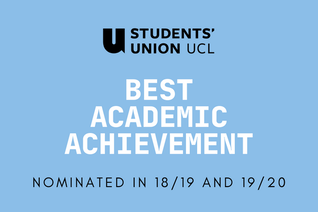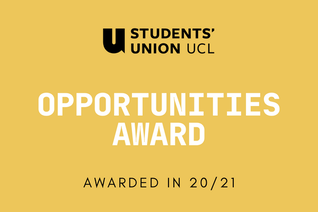|
What is UCL Connect.ed?
Welcome to UCL Connect.ed, a dynamic student-led research community that's reshaping academic collaboration. Our Research Mentorship Programme is the heart of our initiative, connecting postgraduate researchers with undergraduates eager to enhance their research prowess. What We Offer:
UCL Connect.ed is an ever-expanding constellation of ideas and opportunities. Join us, and be part of the future of education and research. |
BEcome a member now
|
Standard Membership (£5): Eligibility for the Research Mentorship Programme, the Blog, committee nominations and project consultant applications. |
Join our newsletter: |



